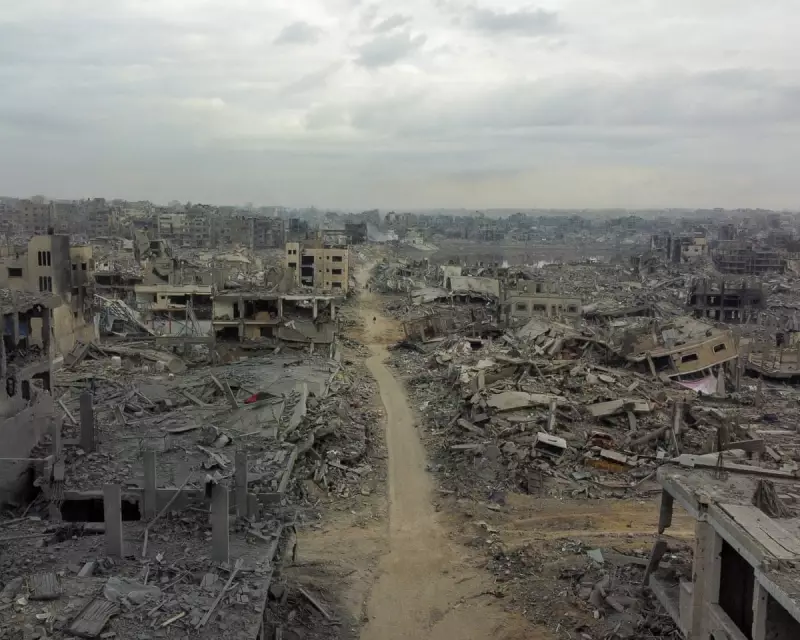
The unfolding catastrophe in Gaza represents more than just a contemporary geopolitical crisis—it echoes with the ghostly footsteps of empires past. As the world watches neighbourhoods vanish and civilian casualties mount, we're witnessing patterns of violence that Western powers themselves established during their colonial reigns.
The Uncomfortable Parallels with British Imperial Tactics
Historical records reveal that Britain employed similar strategies of collective punishment and territorial control during its imperial heyday. From the Boer War concentration camps to the suppression of colonial uprisings, the playbook being deployed in Gaza bears striking resemblance to methods Western nations once perfected.
What makes the current situation particularly troubling is the collective Western response—or lack thereof. Despite overwhelming evidence of humanitarian catastrophe, meaningful intervention remains elusive, raising questions about whether geopolitical interests continue to outweigh human rights concerns.
A Pattern of Denial and Dehumanisation
The language used to justify the violence follows familiar colonial scripts. The framing of entire populations as security threats, the dismissal of civilian casualties as 'collateral damage,' and the characterisation of resistance as terrorism all mirror historical justifications for imperial violence.
This isn't merely academic comparison. Understanding these historical connections is crucial for comprehending why the international response has been so fragmented and why accountability remains so elusive.
Breaking the Cycle of Historical Amnesia
Western nations, particularly former colonial powers like Britain, face a critical test. Will they continue patterns established during their imperial past, or develop new approaches that prioritise human dignity over strategic interests?
The international community stands at a crossroads. The choices made today regarding Gaza will either reinforce centuries-old patterns of violence or begin establishing new precedents for humanitarian intervention and accountability.
As the death toll continues to rise and infrastructure crumbles, the urgency for breaking this historical cycle grows more pressing with each passing day. The world cannot afford to let history repeat itself in such devastating fashion.





